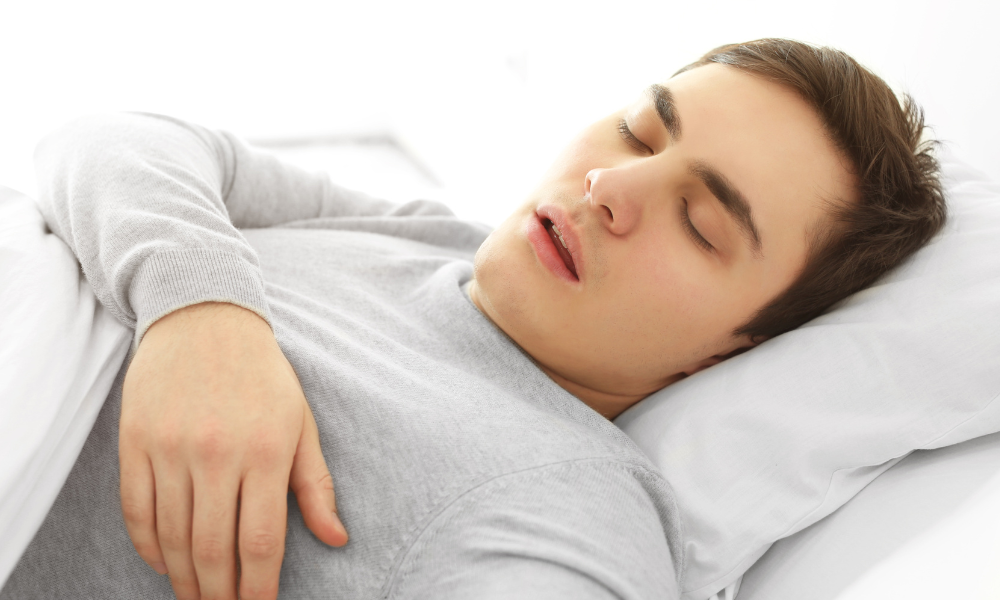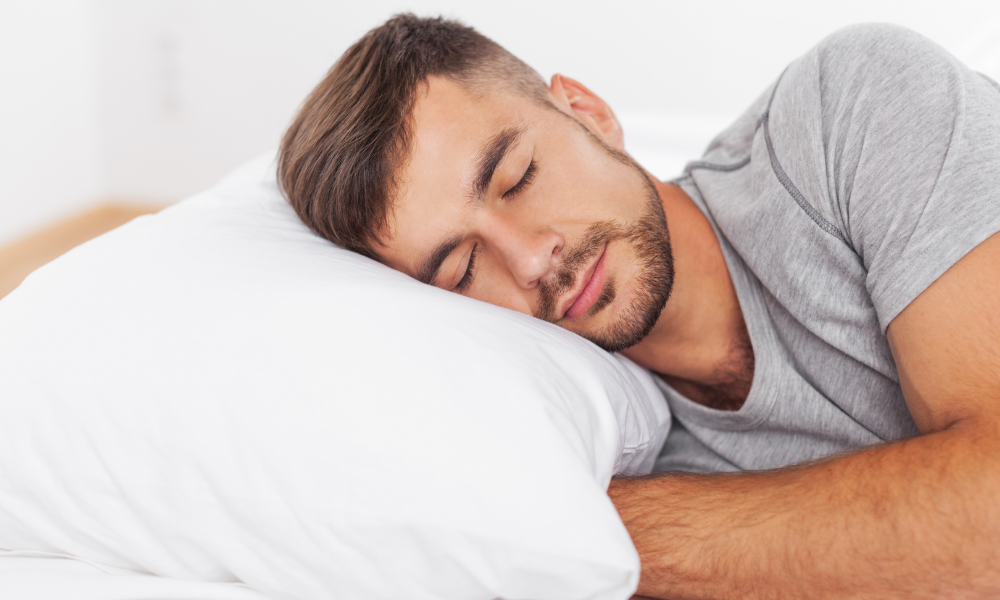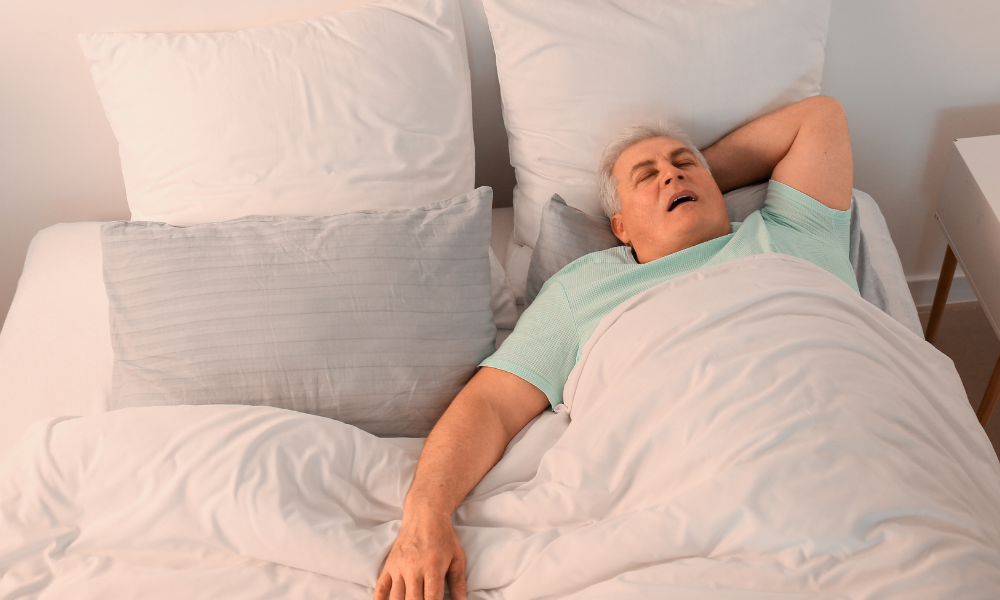
Sleep apnea is often misunderstood as a condition that affects only older, overweight men. However, this stereotype is far from the truth. Sleep apnea can affect people of all ages, genders, and body types. Let’s debunk the myth and discuss why it’s important for everyone to be aware of the signs and risks.
Sleep Apnea Can Affect Anyone
While obesity and age are risk factors, they are not the only ones. Sleep apnea is a disorder where the airway becomes obstructed during sleep, leading to interrupted breathing. It can occur in:
- Women: Hormonal changes during menopause can increase the risk of developing sleep apnea.
- Young Adults: Sleep apnea can affect younger individuals, especially if they have a genetic predisposition or a narrow airway.
- Children: Children with enlarged tonsils or adenoids are at higher risk for sleep apnea, which can impact their growth and behavior.
- Athletes: Muscular people with larger necks or jaw structures may also be at risk, despite being fit.
Why Everyone Should Be Aware
Ignoring sleep apnea because you don’t “fit the profile” can lead to serious health consequences. Left untreated, sleep apnea increases the risk of heart disease, stroke, and diabetes, regardless of your age or weight.
Signs You Shouldn’t Ignore
- Loud snoring or choking during sleep
- Waking up with a dry mouth or sore throat
- Daytime fatigue or trouble concentrating
- Morning headaches
Conclusion
Sleep apnea doesn’t discriminate, and it’s essential to recognize the symptoms no matter your demographic. If you suspect you have sleep apnea or are struggling with your quality of sleep, talk with your primary care provider and seek a professional evaluation, regardless of age, gender, or body type!











